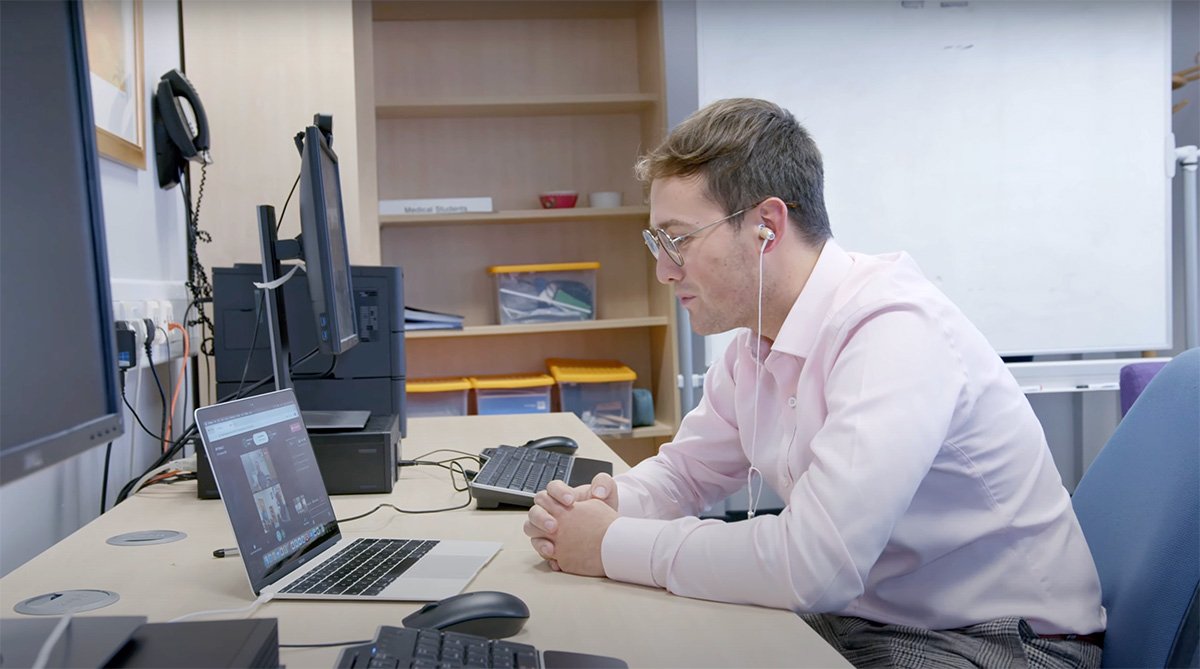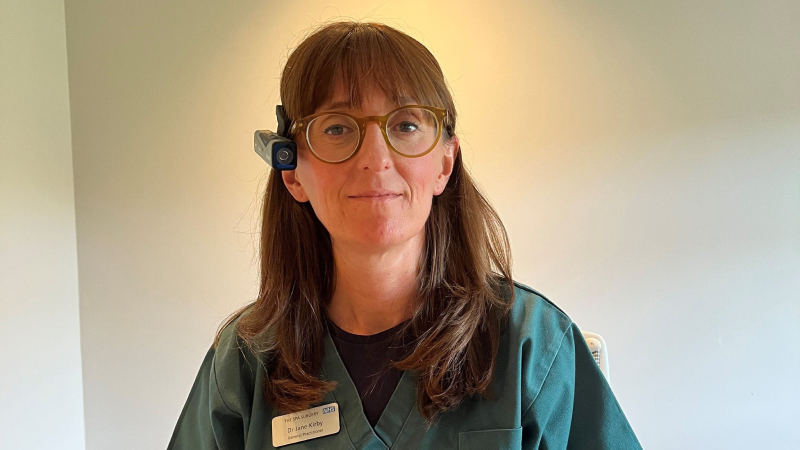Case Study
Blended placements: A growth partnership model to scale provision
The problem
Funders and education providers need to scale access to high-quality medical and healthcare training
The number of learners that need to gain clinical practice experience is increasing across medical and healthcare professional settings in response to a healthcare workforce shortfall.
This is happening alongside changes in where, and how, patients are cared for — with a shift to community and primary care. The result is inefficient and insufficient access to learning opportunities, presenting a challenge for education providers.
In addition, a strong evidence base for blended placements (combining theoretical study, virtual clinical experiences and real life placements) along with a theoretical framework for their implementation had been missing due to the novelty of the field.

Solution
Collaboratively developing novel technologies to improve the way we prepare learners for clinical practice
We worked with Leeds University and NHSe to develop a compound learning experience: ‘Blended placement’ is an integrated approach, combining theoretical study, virtual clinical experience and traditional clinical placements
We combined latest pedagogy and technology expertise to create a learning approach and platform that could scale provision without compromising on quality of clinical exposure and education
Students and patients are at the centre of our solution: a learning experience and environment that strengthens outcomes and a platform that ensures patient safety and consent is guaranteed
Our work with Leeds and Kelvin Gomez PhD involved a study of VCE to determine the feasibility of the platform and the impact of its application
The consultation and live session begins with the patient’s consent
Students observe the proceedure via smart glasses and additional cameras
The doctor examines the patient, providing a clinician’s-eye-view of the proceedure
Students can interactive directly with patients during the live session

Impact
Dr Jane Kirby of the University of Leeds shares her experience of VCE™
Student satisfaction in a platform and pedagogical approach that can deliver high quality clinical experiences for medical and healthcare training at scale
Research shows that blended placement and the VCE™ platform have an evidence-based place in the future of medical and healthcare education:
Patients’ perception of care is not impacted
Consenting materials effectively prepared patients for the experience
Clinicians found VCE™ did not impact their ability to provide care, not did it compromise patient safety
VCE™ showed high utility in addressing needs in medical education
The final iteration of the tool led to high student satisfaction levels, with 72% agreeing that they intended to use it in the future
VCE™ allows any number of students to participate in virtual clinical experiences at the same time, from anywhere, opening opportunities for international collaboration and more equitable access to training
We have an ongoing relationship with the University of Leeds that will enable parts of the medical degree to be delivered virtually
Next steps
Moving forward, the partnership aims to extend work with colleges and universities in the UK and globally.
“This is a real breakthrough in truly borderless health education training, at scale and of very high quality”
Professor Simone Buitendijk, University of Leeds Vice-Chancellor and President
“Game changer for medical education going forward. It gives medical students a wider variety of different placements that they can attend”
University of Leeds Medical Student
“Where you train has an impact on the sort of cases you will see. This enables us to transcend those geographical boundaries”
Dr Jane Kirby, Head of Student Education in Primary Care at University of Leeds

More case studies
University of Exeter x Uzhhorod National University Faculty of Medicine
Imperial College London, University of Leiden and the Helix Digital Hub at the University of Leeds
Image guided procedures in mixed reality at Imperial College London














